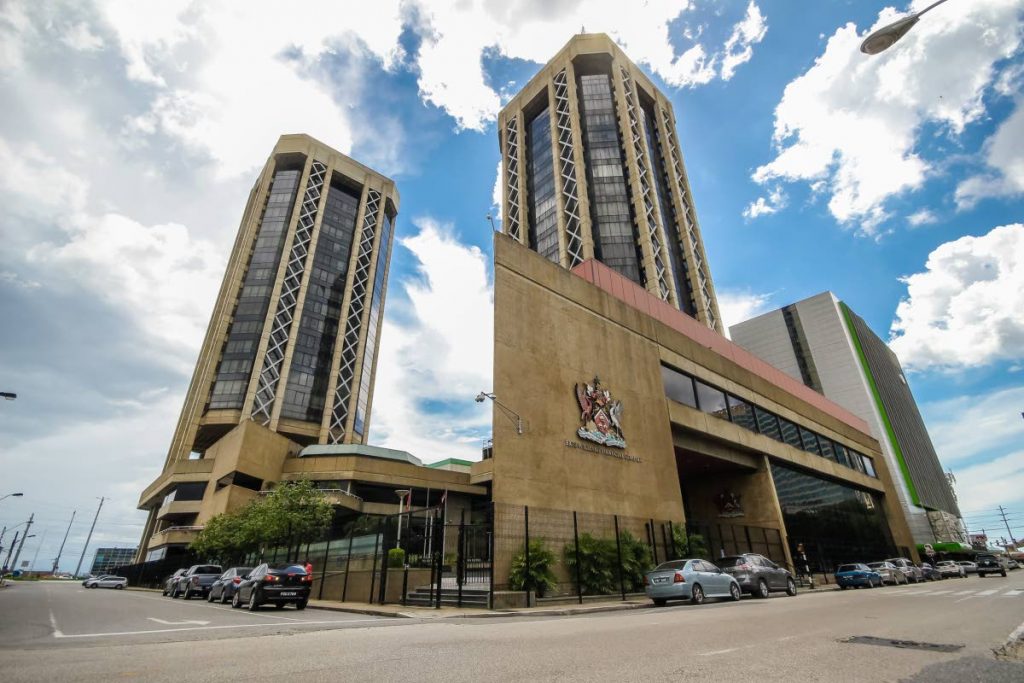UNC: Who is benefiting from forex trade?

Oropouche West MP Davendranath Tancoo is calling on the Finance Minister to release the names of all approved traders of foreign exchange (forex), as well as any businesses who have received forex from any agency which interfaces with the government.
He said the country was experiencing a forex crisis and not just a shortage.
Speaking at the UNC’s weekly Sunday media conference at the office of the Opposition Leader, Charles Street, Port of Spain, Tancoo said Finance Minister Colm Imbert had not told the country that the IMF, in its latest report, had commented on the forex in the country.
“According to the Central Bank, an estimated US$7.5 billion equivalent was sold publicly in 2022, an increase of 30 per cent in the previous year. The Central Bank provided US$1.72 billion equivalent to authorised buyers in 2022. The minister said the Exim Bank issued almost $1 billion since the forex facility began in 2018, and boasted that Cabinet would be providing an additional US$180 million to the facility.
"Who is getting all these billions being traded annually in forex? Who is benefiting from this?”
Tancoo said there were conglomerates that generated forex but still drew down on allocations from the Central Bank, as authorised buyers.
“Some conglomerates have financial interests in the banking sector itself, and have no problem getting foreign exchange, so for them there is neither shortage nor crisis in foreign exchange. But for the thousands of businesses, and tens of thousands of ordinary citizens who are unable to get foreign exchange, are facing a foreign exchange crisis.
"The SME sector, including small traders and entrepreneurs, which accounts for 91 per cent of all registered businesses in TT, and contribute up to 30 per cent of GDP, almost half of the employment of TT suffer to get access to foreign exchange.”
He said individuals who need forex for travel, school fees, or medical purposes have to “stand in line daily, for US$250, or face black market and pay as much as 30 per cent above bank rates for foreign exchange.
"This is illegal and unfair, and has a substantial impact on the cost of doing businesses for these small traders/entrepreneurs, putting them at an immediate disadvantage to larger businesses and conglomerates who have no problem getting foreign exchange at standard bank rates.”
Tancoo called on Imbert to “provide a list of all approved traders of foreign exchange, those who have been buying and selling, who have been benefiting from those monies issued by the Central Bank to registered dealers and traders.
"I challenge the minister to provide a list of businesses which have received foreign exchange from any agency which interfaces with the government, Exim Bank, Central Bank, NGC, FCB, etc. This is not Imbert’s private money, it’s taxpayers’ money and public interest must override the private interest.”
The UNC MP said as the demand for forex continued to outstrip the supply, the black market would continue to flourish.
“The weaponising of foreign exchange has resulted in the flourishing of some businesses and the elimination of others. TT is facing both a foreign exchange shortage and a crisis, and the situation will only get worse.
"We must hold the minister accountable. We call on him to ensure there is equitable distribution to micro-, small-, and medium-enterprises as well as larger conglomerates.”
Tancoo also called on Imbert to say who had benefited from the US$644 million special drawing rights (SDR) from the IMF.
"In August 2021, Imbert announced that the country was to receive US$644 million, via the SDR from the IMF. In December 2021 Imbert said he was consulting with local and foreign experts on how best to spend this money. More than a year has passed, and he has not advised as to how it has been spent."


Comments
"UNC: Who is benefiting from forex trade?"